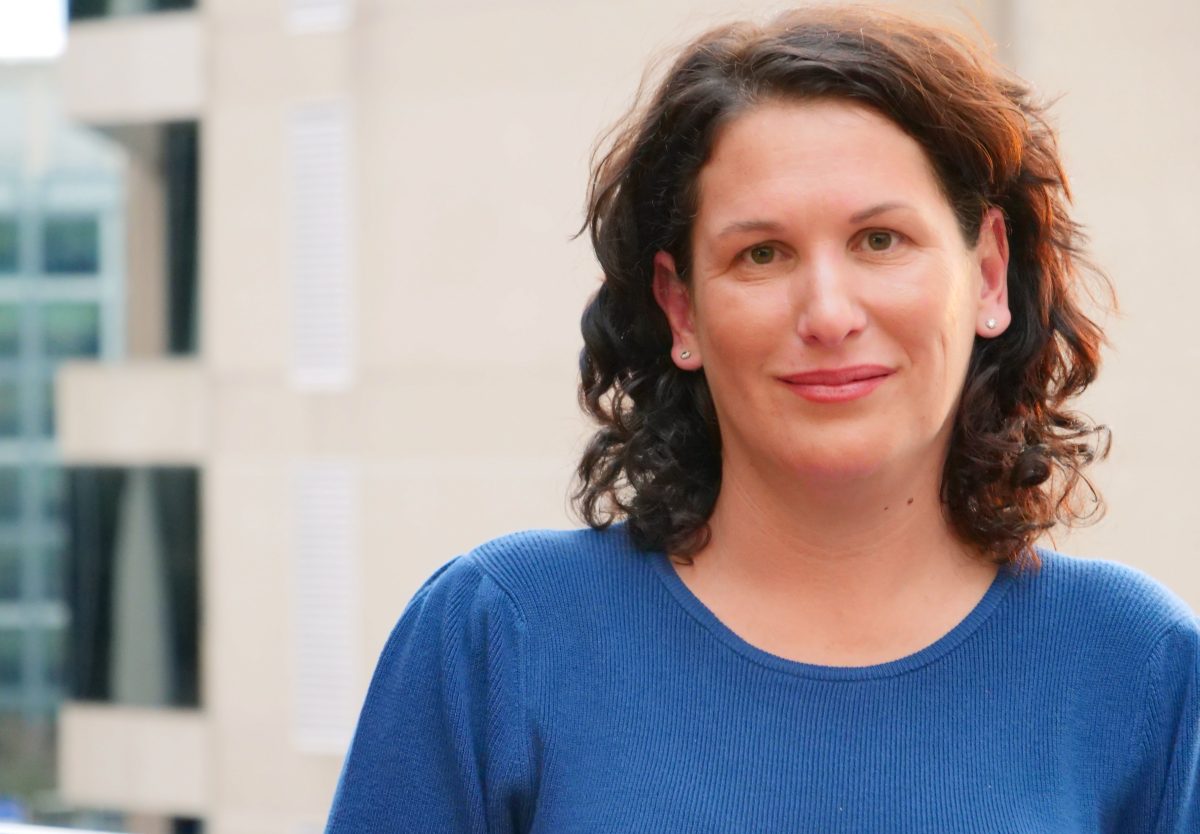
CPSU National Secretary Melissa Donnelly says any revised pay offer will be taken to union members for a vote. Photo: Supplied.
Salary negotiations for the Australian Public Service have reached a critical point, with staff gearing up to possibly reject a revised offer from the government.
The Australian Public Service Commission is in discussions with staff representatives tomorrow (29 August) and is expected to up the government’s offer of a 10.5 per cent APS-wide pay increase over three years.
The Community and Public Sector Union, which is holding out for a 20 per cent salary hike over the same period, rejected that offer following a membership vote.
A total of 86 per cent of the 15,000 CPSU members who voted in the ballot voted against the initial pay offer.
The union insists it will also reject any revised offer from the government if it’s not deemed acceptable by its public service members.
National secretary Melissa Donnelly said it was the strong reactions from union members to the first pay proposal the government put forward that has caused the APSC to revisit negotiations this week.
“After negotiations tomorrow, we’ll take time to engage extensively with members across the APS on the detail of the package that has been negotiated, including on the pay offer, the pay equity mechanism, working conditions and employee rights,” Ms Donnelly said.
“The offer that is tabled tomorrow needs to be about more than pay – it must be about rebuilding the APS.
“The former Coalition government froze wages, banned improvements to conditions and aggressively capped staffing numbers. Consequently, wages and conditions fell drastically behind what is on offer in the private sector and now APS workplaces are struggling to recruit and retain staff.”
Would you like the chance to win a 1 night stay at Jamala Wildlife Lodge?
The union also wants a more ambitious approach to APS pay equity, backpay where employees face a delay in receiving any new pay rise, and a common pay rise date that brings agencies and departments into line with each other.
Ms Donnelly said the CPSU will take its time to “educate and consult” members on the negotiated offer ahead of running a member poll that will determine the union’s position on the overall package.
The consultation period and the ballot will each run for approximately two weeks.
“Our members want to see improvements to their pay packets so that their salaries can start to catch up with the cost of living,” she said.
“But they also want to see those improvements so that their workplaces aren’t riddled with ongoing vacancies and unsafe workloads.
“After a decade of damage to the public service, significant progress can and must be made in this round of bargaining.”
In his last update to staff, APSC chief negotiator Peter Riordan said broad support had been reached on 35 conditions, with more about to be finalised.
He stressed that no employee will be disadvantaged under the agreed-upon arrangements.
“We now have 35 common conditions that will be included in all APS enterprise agreements,” he said.
“You will keep any better entitlements that exist in your current enterprise agreement.
“The common terms will set a base standard to develop commonality across the APS.”
The size of a pay rise, however, remains a sticking point where agreement to date has not been reached.
And despite the government hoping to finalise all negotiations, the CPSU is signalling that it will be some time before common ground is found over salaries.



















